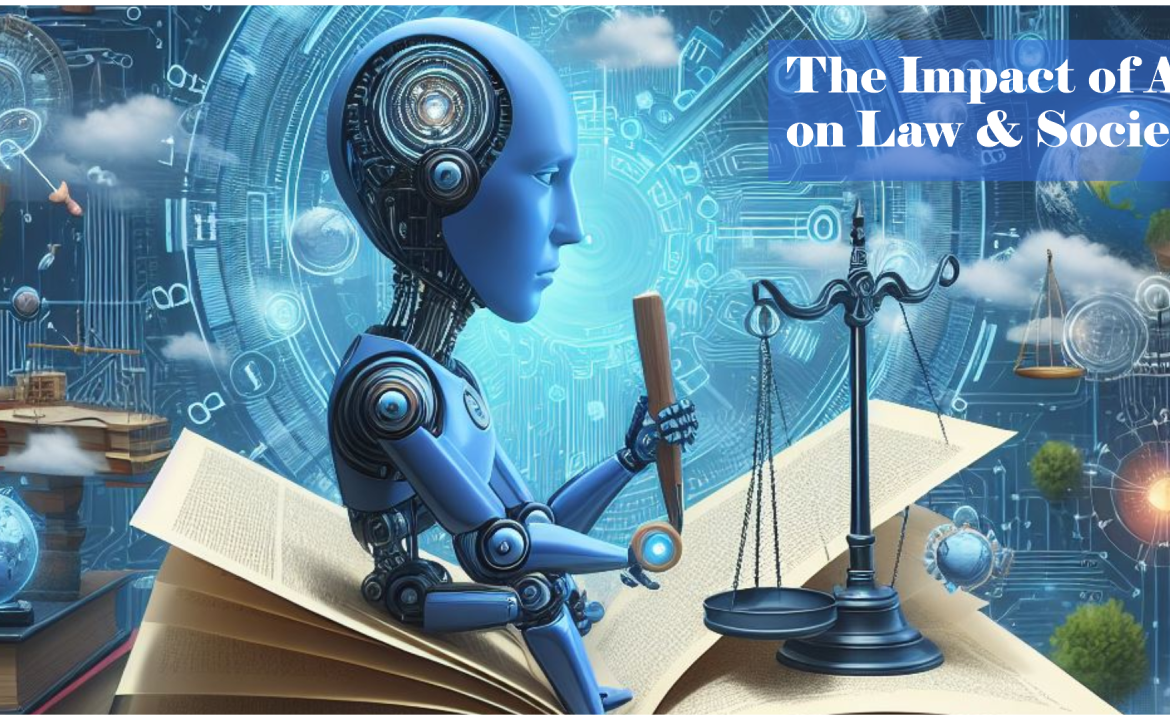Artificial Intelligence (AI) is rapidly transforming the legal industry by automating tasks, improving accuracy, and enabling smarter decision-making. As AI continues to evolve, it brings both significant benefits and complex challenges that are reshaping traditional legal practices.
How AI is Impacting the Legal Field
AI in law involves using advanced algorithms and machine learning to assist with legal research, contract analysis, case predictions, and even decision-making. These technologies are not replacing lawyers but are becoming powerful tools to enhance efficiency and reduce human error.
Key Areas Where AI is Transforming Law
Legal Research and Document Review
AI-powered platforms can quickly scan thousands of legal documents, case laws, and statutes to find relevant information. This dramatically reduces the time lawyers spend on research and helps identify critical precedents with greater accuracy.
Contract Analysis and Drafting
AI can automatically review and highlight potential risks in contracts. It can also assist in drafting agreements by providing templates or generating clauses based on input requirements, minimizing manual errors and saving valuable time.
Predictive Analytics
AI systems can analyze past case outcomes, judge behaviors, and legal trends to predict possible rulings. This allows lawyers to assess the strengths and weaknesses of their cases and make more informed strategic decisions.
Automating Routine Tasks
Tasks like billing, scheduling, and basic client communications can now be handled by AI-powered chatbots and software, allowing legal professionals to focus on complex, high-value work.
Legal Accessibility
AI-driven tools can improve public access to legal services by offering basic legal advice and document preparation to individuals who might not afford traditional legal representation.
Challenges of AI in Law
Ethical and Privacy Concerns
AI systems that handle sensitive legal data must be carefully monitored to protect client confidentiality and prevent misuse of information.
Accuracy and Accountability
AI can make mistakes or offer biased predictions if trained on flawed data. Determining responsibility for AI-driven legal advice remains a critical issue.
Loss of Human Judgment
Legal practice often requires empathy, moral reasoning, and nuanced decision-making—areas where AI still falls short. Over-reliance on AI could risk losing the human touch that is essential in law.
Regulatory Uncertainty
There are currently limited regulations governing the use of AI in the legal sector. As the technology advances, lawmakers must develop clear frameworks to ensure responsible use.
Conclusion
AI is undoubtedly transforming the legal landscape by making processes faster, more accurate, and more accessible. However, it also introduces new ethical, regulatory, and practical challenges that the legal community must address. Striking the right balance between embracing technological innovation and upholding the principles of justice, fairness, and human judgment will define the responsible future of AI in law.







Leave feedback about this